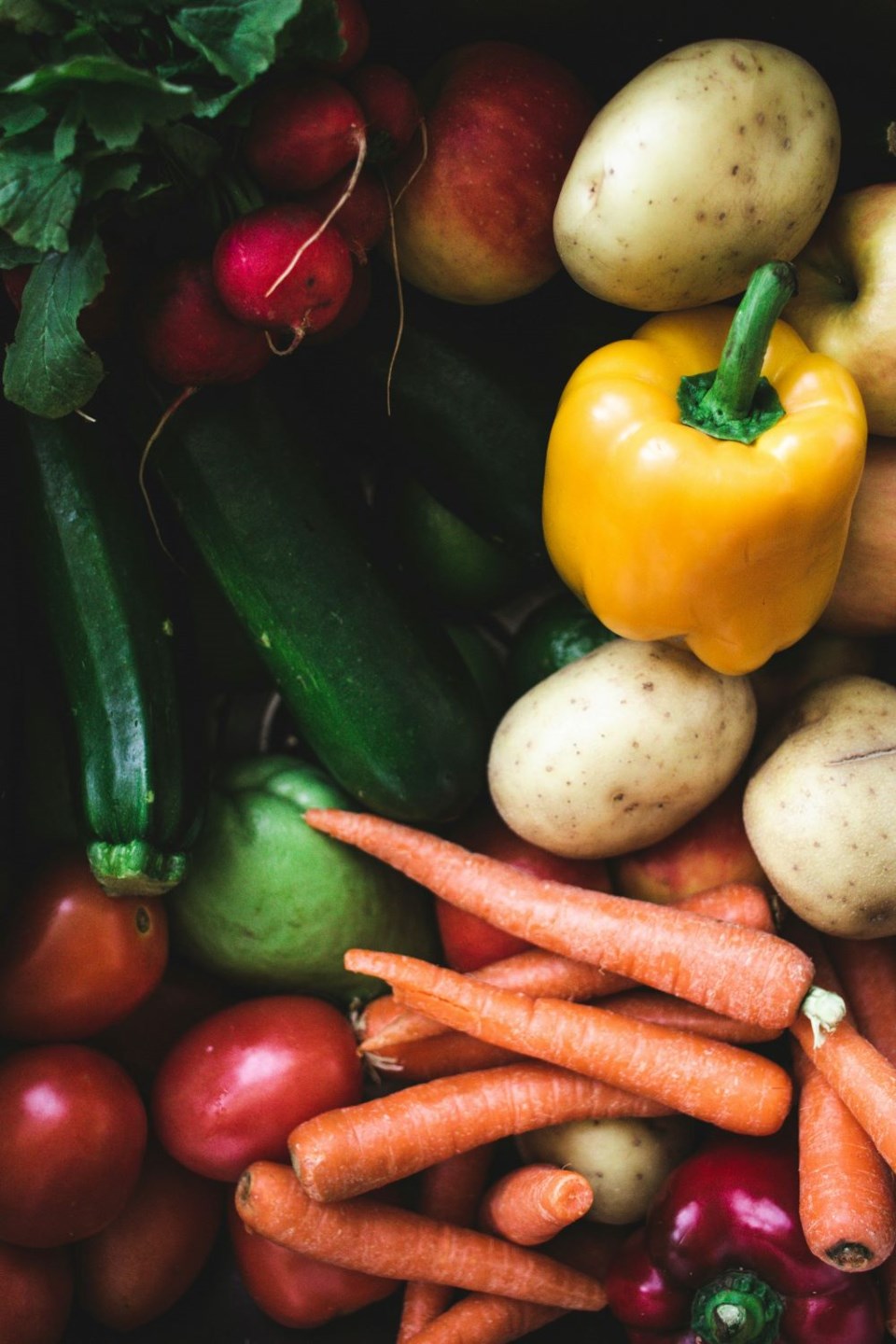We’ve got a new layer of bureaucracy for local vegetable producers, and it raises some big questions about local food security.
On January 1st the BC Vegetable Marketing Commission (BCVMC for short) expanded its jurisdiction to include the northern half of British Columbia.
Prior to this, both northern vegetable producers and food retailers north of the 53rd parallel were unregulated, meaning they could grow food and sell it to grocery stores without any government interference. But it also meant local growers couldn’t sell to the big regulated markets of the lower mainland.
Now, anybody selling more than 2200 pounds or $5000 worth of vegetables will have to be registered with the marketing commission for a production and delivery allocation. This will cost producers $250 a year and some extra paperwork, plus a one-time application fee of $500 that is apparently waived for this year’s northern applicants.
I appreciate the argument for the existence of marketing boards, but I’m not sure they’ve kept up with the times.
The BC Vegetable Marketing Commission was established in 1934 to help maintain minimum pricing for growers to avoid damaging boom and bust cycles and limit the dumping of produce.
The concept is similar to the dairy and egg marketing boards minus the hard quotas on production. As I’ve written before, the milk and egg boards don't do much to help local food security and I don’t think the BCVMC will either. I think it will mainly help the big multinationals.
First off, there’s nothing preventing a big vertically integrated retailer from bringing in produce from Alberta, Saskatchewan, or points beyond, grown by producers not subject to the same rules and fees as local BC producers. Same deal with American-grown produce, although these imports are regulated by federal food inspection rules.
And then we have the new requirement to use marketing agencies to get BC produce into stores.
Marketing agencies were originally groups of farmers who came together to share the costs of advertising and marketing their produce. They are now licensed and regulated by the BCVMC. If you want to sell vegetables to the big retailers, you need to do so through a marketing agency like BC Fresh.
Prior to these new changes, large retailers in Prince George could sell local PG produce without going through an agency. Not that the big stores stocked much local produce to begin with, but they now have a legal requirement to stock shelves through one of the 11 marketing agencies in the province, none of whom are local.
Presumably local producers can start a local marketing agency dedicated to local produce, like what the Okanagan and Vancouver Island have, but to start a marketing agency, the application costs $21,000, is not guaranteed to be approved by the BCVMC board, which currently has no northern representation, and would be subject to significant regulation and reporting.
While some local producers will be able to sell their goods down south, without a local marketing agency, access to the big local markets for local growers has now been limited if not completely cut off for most.
If there’s one thing these changes highlight, it’s that we need more regional autonomy over our local food security. That includes not just consultation, but protection from the domination of lower mainland agricultural interests through these marketing boards dominated by out-of-area producers.
At one point we used to produce our own northern milk, eggs, and most of our vegetables.
If the marketing boards and commissions aren’t helping to keep those traditions alive, what good are they?
James Steidle is a Prince George writer.



